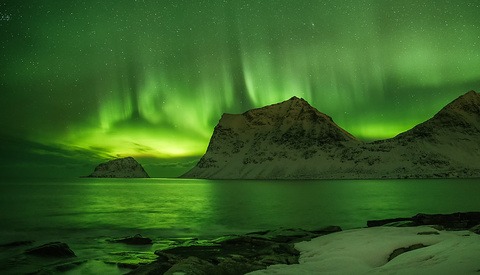Using Black and White in Post Processing for Your Color Landscape Photo
There are not a lot of people who are photographing landscapes in black and white. Most of us prefer a nice color presentation of a landscape. Nevertheless, black and white conversion can help a lot when processing a color photo.




















